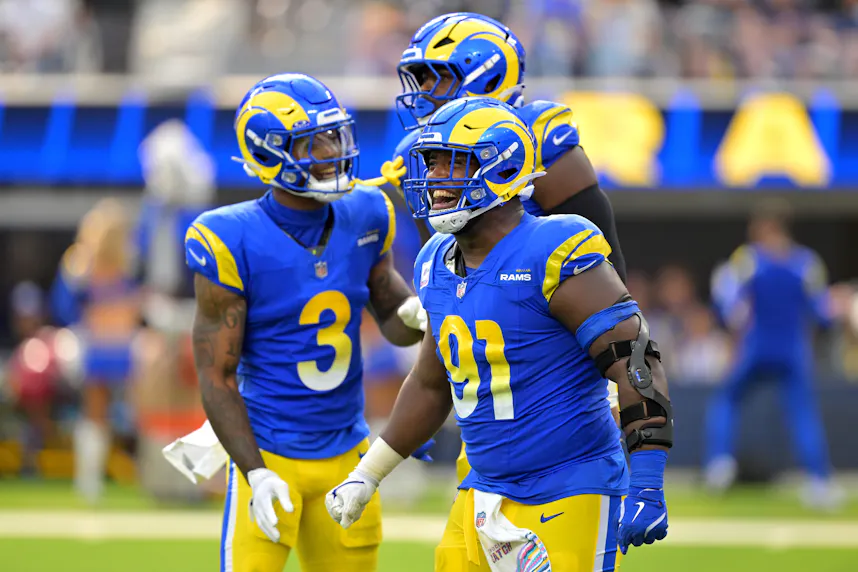Kalshi Launches Custom Parlay Prediction Markets on NFL Games

Last Updated: October 1, 2025 2:16 PM EDT • 2 minute read X Social Google News Link


Kalshi has expanded its parlay-style contracts on its betting prediction market platform by adding NFL game-related parlay-style contracts. These new products enable bettors to bundle a series of results into a single event contract, similar to a parlay at one of the best sportsbooks.
The contracts may incorporate bundled results from varied games, player stat lines from a given game, or game-level results, and come in a quiz-like format. They sell from a cent to ninety-nine cents and incur regular exchange transaction fees.
The company submitted these parlay contracts through the Commodity Futures Trading Commission's (CFTC) self-certification process. As a registered exchange, Kalshi can bring products to market without state-by-state licensing, provided the CFTC does not object within a 24-hour review window.
The prediction market operator has previously used this process to introduce markets for spreads, totals, moneylines, and player props.
In addition to parlay contracts, Kalshi plans to grow its menu of prop-style markets covering passing completions, rushing yards, receptions, defensive outcomes, and special teams performance. These can be segmented by quarter, half, or the whole game to reflect typical sportsbook prop structures.
The action showcases Kalshi's approach of blending sportsbook-type products with federal approval to operate. By employing the commodity model, the prediction market can access customers in states where sports betting is illegal.
Nevertheless, it also presents a regulatory risk, as some states view the contracts as unlicensed gambling rather than event trading.
Massachusetts sues Kalshi
One state Kalshi is facing growing legal scrutiny in is Massachusetts, as officials are challenging Kalshi's growth through a lawsuit filed in Suffolk County Superior Court. Attorney General Andrea Joy Campbell's office blamed the company for operating an illicit sports wagering business by supporting event contracts that replicate those made through a sportsbook without a state license.
The lawsuit centered on moneyline, spread, and over-under contracts, which contended that they operate as regular gambling products and evade licensing through the Massachusetts Gaming Commission. Regulators explained that most of the volume traded this year was attributed to Kalshi's contracts, surpassing licensed sportsbook action in similar periods.
Issues identified in the lawsuit included age verification failures, as individuals between 18 and 20 years of age continued to play, despite the state's minimum age requirement being 21 years. The state also cited limited responsible gambling tools and inadequate disclosures regarding financial risk.
Kalshi has defended its platform by stating its contracts fall under the oversight of the CFTC and are, therefore, regulated at the federal level. The company argued that Massachusetts is attempting to apply outdated gambling laws to a federally compliant exchange.
The case escalates ongoing tensions between state regulators and federally regulated prediction markets. With Kalshi pushing new NFL parlay-style contracts, the outcome of litigation in Massachusetts could determine whether federal authority is sufficient to preempt state gambling laws.

Ziv Chen X social





